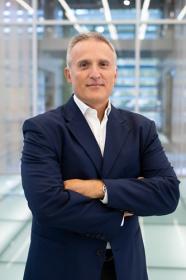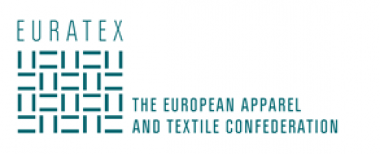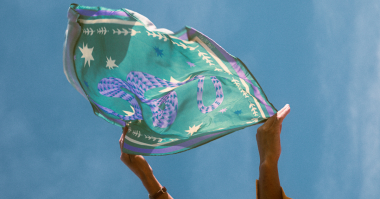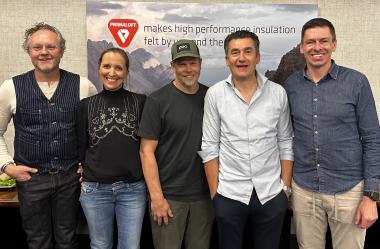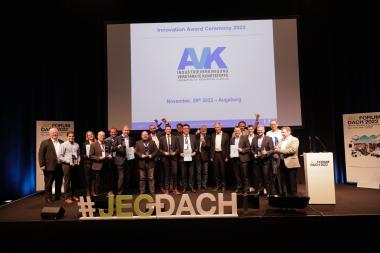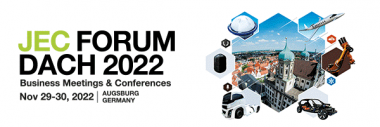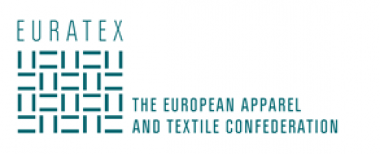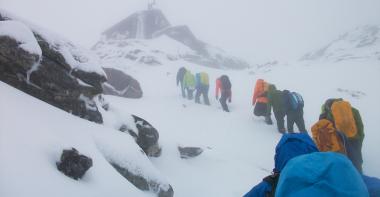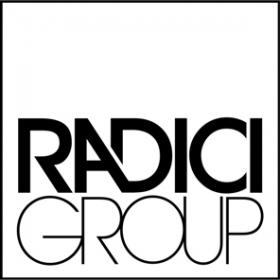Chargeurs PCC acquires strategic business units of Cilander
Chargeurs PCC Fashion Technologies has signed a binding agreement to acquire two strategic business units of the Swiss company Cilander, much renowned worldwide for its expertise in the supply of high-end textile fabrics and finishing services for complex textiles used in a wide range of applications.
The project includes the acquisition of the historic factory of the company, Geissbühler, located in Lützelflüh. The factory is a cornerstone of its finishing activities for high-tech textile solutions to address demanding markets such as the military, interior design, sports, and mobility. The site is the legacy of an industrial history that began in 1677, almost 350 years ago. With its Planofil® brand, Cilander markets high-performance textile fabrics for outdoor use, particularly in the nautical world. Cilander also offers a range of finishing options and can tailor-make products to customer specifications.
Under the agreement, CFT PCC also plans to acquire the shirt fabrics business, which mainly comprises the ALUMO brand, founded by Karl Albrecht, joined by Robert Morgen in 1941. For over a century, ALUMO has been at the forefront of offering fabrics made from the finest, highest-quality cotton for men's shirts. The company is the preferred supplier of tailors and specialized luxury brands worldwide, relying on its E-commerce platform.
In addition, Cilander's fabrics business includes the Eugster & Huber brand, aimed at women's fashion brands. The portfolio also comprises Brennet, known for its high-quality fabrics with a contemporary touch, and Swiss Ghutra, a brand specializing in high-end fabrics and headpieces for a clientele in the Middle East.
When completed, this acquisition will strengthen the development capabilities of Chargeurs PCC Fashion Technologies, a leader in interlinings for the garment industry. Thanks to Cilander’s high-tech products and solutions, the business line will open doors to new, particularly demanding niche markets, notably the military market and reinforce its market share in the apparel segment, especially shirt-making.
Chargeurs






